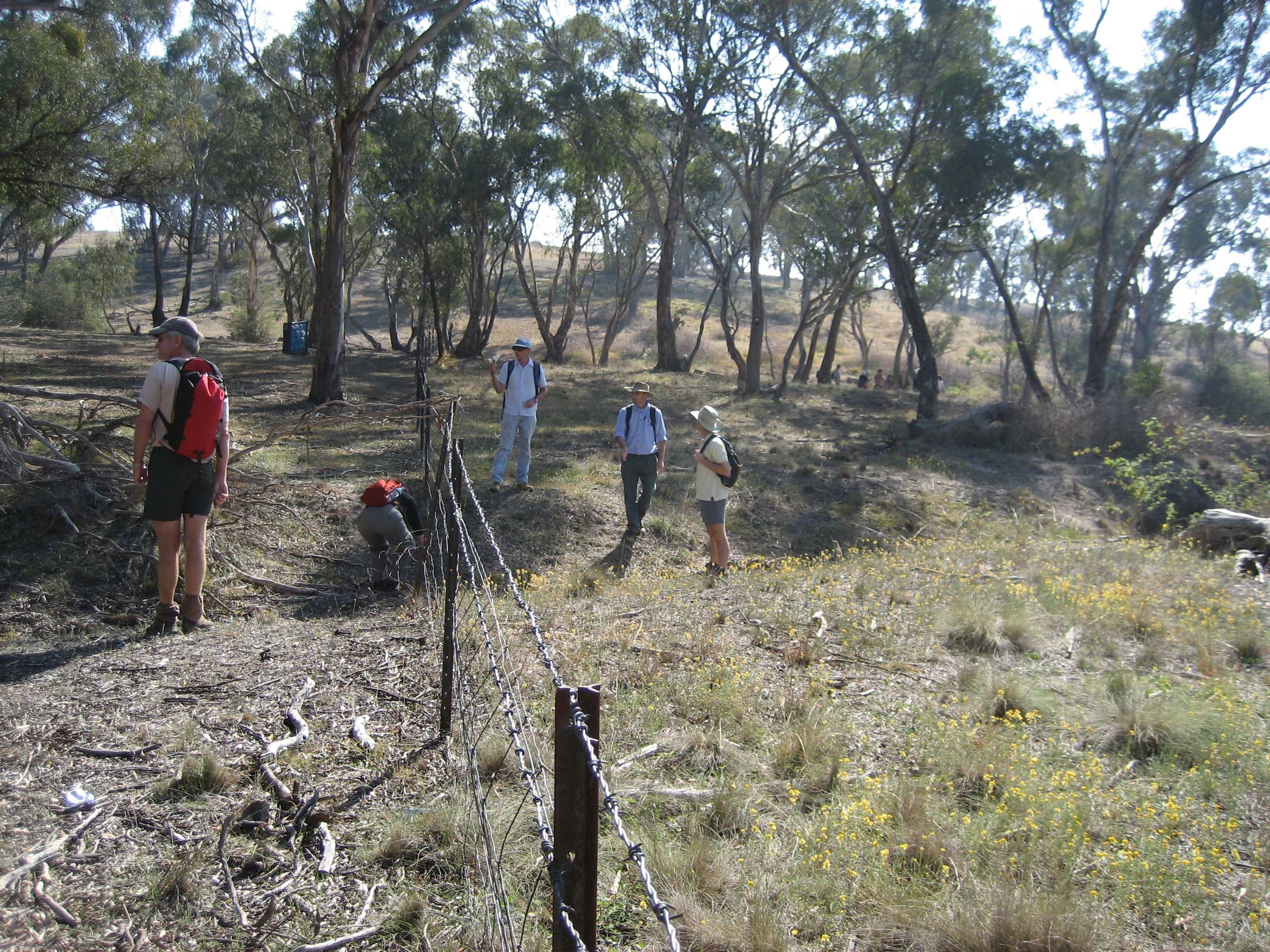As an occasional journalism teacher I’ve noticed how students will use a word that sounds like the right word but isn’t. The latest is “resellers” used where I think the student in question meant “retailers”.
Here’s how the student used the word:
The global financial crisis has taken its toll on the Bathurst’s economic sustainability however the influx of university students however has changed the financial sustainability for many resellers.
It’s a horrible sentence for many reasons but the use of the word “resellers” is interesting. The student in question simply means the local shops, pubs and other business operations in the town of Bathurst. In a sense they are resellers – none of them actually makes the beer, the coffee beans, the dresses. So for a moment I doubt myself. I wonder if I’ve missed something. Maybe for the last 20 years people have been saying “resellers” instead of “retailers” or even “shops”.
No, no, no! I’m right, he’s wrong. It’s the WRONG WORD. It’s a word wrongly used in a horrible sentence.
Okay. But you know what? In the long term I fear (along with all my fellow hand-wringers out there) it’s student Win, teacher Fail. That student will go out into the world using these almost-but-not-quite right words and there will be no subs or editors to stop him and he’ll win the day and I’ll just have to sit here frustrated and despairing.
And in grief. There is a grief about the loss of words. That’s the thing. The language changes, yes, yes. But that means words are lost.
There’s more!
It’s now Monday, September 22, and I’ve decided to add further examples here, as I find the.
Kate Middleton “extenuates” her figure. I think the journalist meant “accentuates”. Close, but no cigar.
http://womansday.ninemsn.com.au/celebrity/royalwedding/155108/style-file-kate-middleton.slideshow
“I immerged myself” and “I diverged myself” when each of the writers meant to say “I immersed myself”. Source: Assignments, 2nd year university communication students, c. April 2012.
And here, a bottle of red wine is “imminently enjoyable now, particularly with a couple of hours in a decanter.” Even if the sip were imminent, I think they meant it was eminently enjoyable.
http://www.winestar.com.au/prod2434.htm
Retrieved Wednesday June 6, 2012
“Butting young fashion designers” instead of “budding”. Hilarious. Source: First year communication student, October 2012.
***
It’s August, 2013, and today I have encountered:
- A “learning curb” (learning curve).
- What’s install (what’s in store).
Today is Monday, September 9, 2013, and I have encountered:
“The experience poses threats to the effective operation of video journalism, and with the industry heading exactly in that direction, this workshop has only reradiated the dependency on technology and double checking equipment.” (Possibly groping for reiterated but would have been better with reaffirmed.”)
Today is Saturday, November 2, 2013, and I have encountered this:
“Beyond the first page, viewers will be fully infested with the history of film scores in film from the late 1800s all the way up to the present day films.”Fully infested”! Fully sick, bro!
Today is Friday, December 20, 2013, and I have encountered this in a COM117 assignment:
“Sally feels a deep seeded emotion each time they hit the track…” (instead of deep-seated).
Today is Wednesday, January 8, and I have come across this in a student’s reverse-engineered script for the film I, Robot:
DEL SPOONER the man in the previous vision wakes up to the buzzing sound of his alarm. Giving an aspirated sign and the roll of the eyes he rolls over to turn off his alarm, with gun in hand.
My comment: What’s an “aspirated sign”? Do you mean an “exasperated sigh”?
Update 22/8/16
“My production idea is to produce a documentary that indulges into the challenges of rural medicine. “
